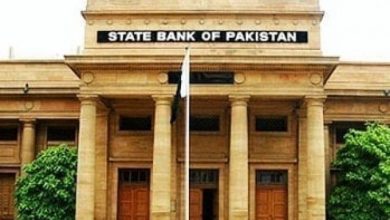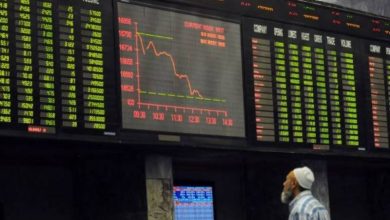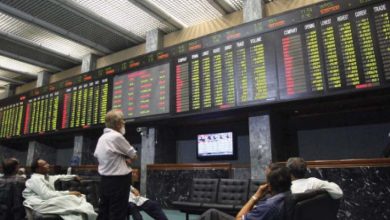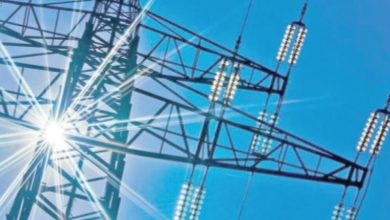Scrap importers misuse export scheme
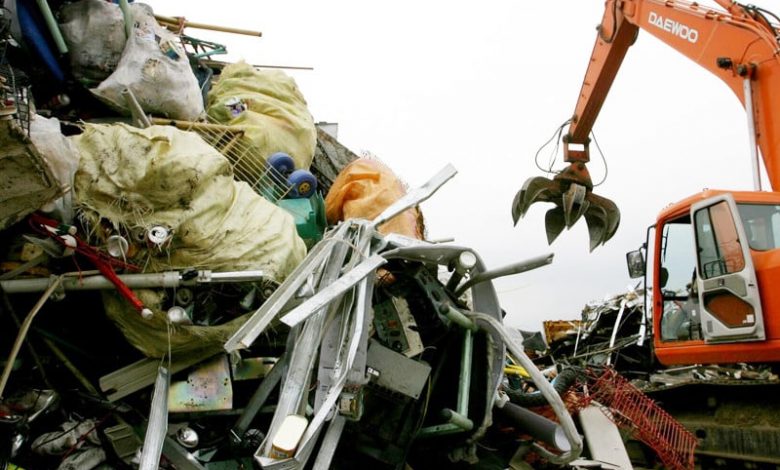
A significant misuse of the Export Facilitation Scheme and alleged involvement in money laundering by scrap importers has been revealed, prompting the Brass Manufacturing Association (BMA) to propose the scheme’s cancellation. The Federal Board of Revenue (FBR) has approached the Secretary General of the Brass Manufacturing Association to investigate these allegations, which come as the FBR considers reducing the value of input goods equivalent to waste in the recycled copper sector.
According to sources, the FBR has released a draft of proposed rules for stakeholder feedback, but no official notification has been issued yet. With these revelations coming to light, the FBR is now seeking an investigation into the misuse of the Export Facilitation Scheme by importers of compressor and motor scrap. If the allegations are confirmed, the FBR may act against those involved, including the possible suspension of the scheme. However, a final decision will be made after the investigation concludes.
According to a document available with The Express Tribune reveals that the Brass Manufacturing Association of Pakistan has written to the FBR, highlighting that the Export Facilitation Scheme is being exploited by certain scrap importers. These importers, instead of using the scrap for manufacturing copper ingots and copper products for export, are allegedly selling the imported scrap in the local market. This practice not only discourages actual copper exporters but also undermines the purpose of the scheme, which is intended to support export-oriented industries.
The letter from the Brass Manufacturing Association explains that compressor and motor scrap are not the primary raw materials for copper ingot manufacturers. Instead, these manufacturers rely on copper scrap to produce finished copper products for both domestic supply and export. By misusing the Export Facilitation Scheme, importers of compressor and motor scrap are importing these materials, selling them domestically, and then managing exports by purchasing copper ingots at inflated prices. This practice hampers genuine exporters and could be contributing to money laundering.
The document further states that, typically, under the Export Facilitation Scheme, exporters re-export goods made largely from imported raw materials. However, in the case of compressor and motor scrap, only 10% of the copper is used in value-added exports, while the remaining 90% is sold locally. This discrepancy suggests that the scrap importers are more focused on trading rather than promoting manufacturing and creating jobs.

